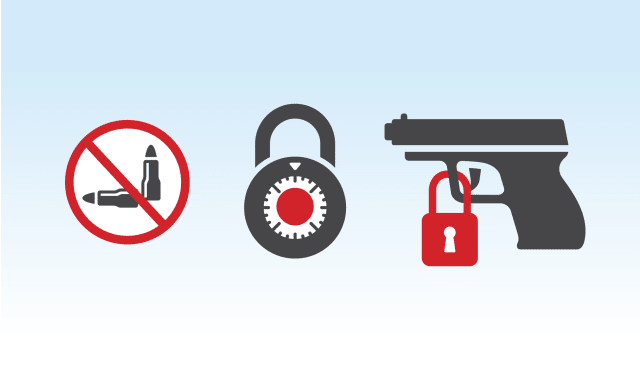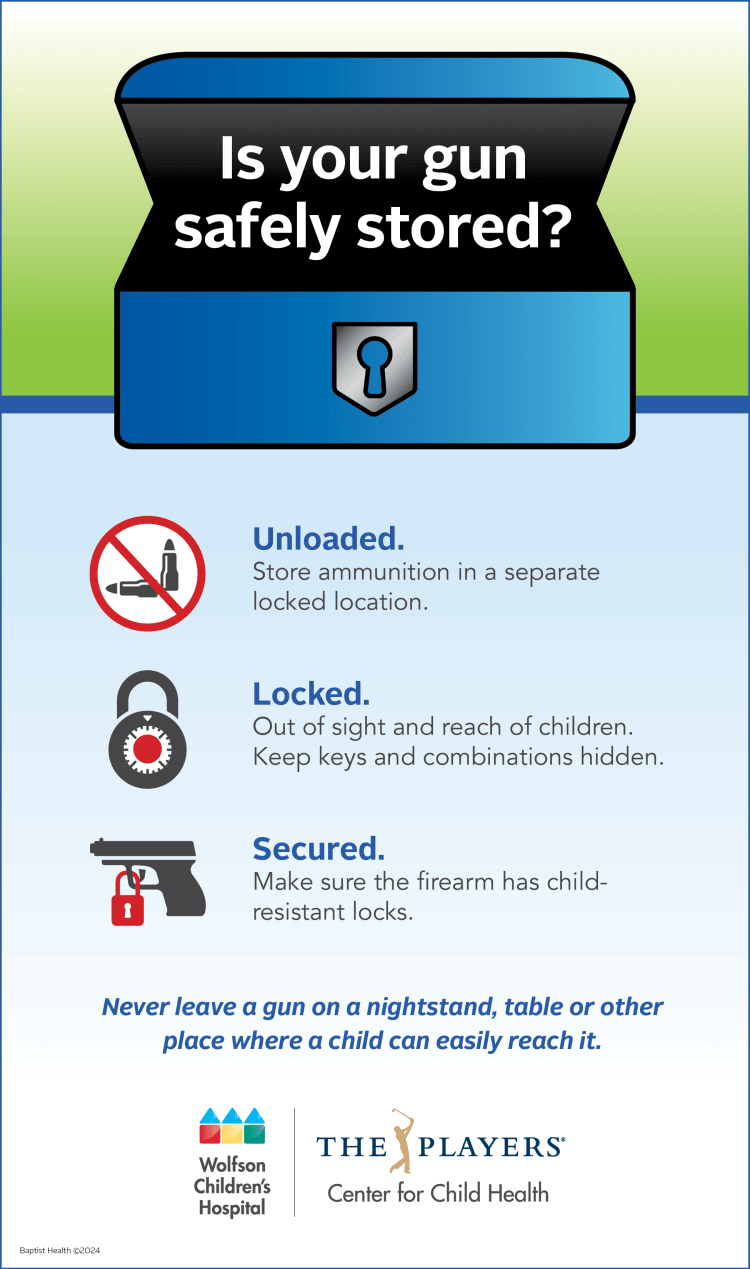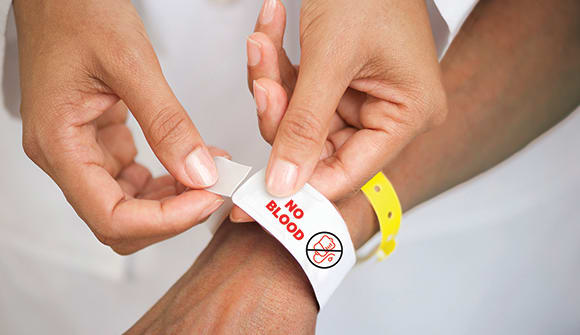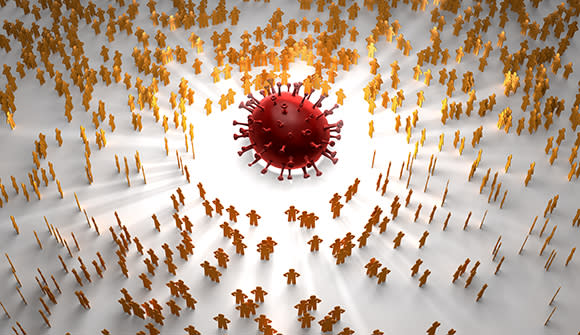Got guns?
Tips to talk about firearms in friends’ homes.
Article Author: Juliette Allen
Article Date:

It’s a parent’s job to protect their children, which is why moms and dads spend hours plugging outlets, anchoring furniture to walls and covering every sharp corner of the house. Securing the environment provides a sense of comfort; you’re doing everything you can to keep your little one safe. But eventually, your baby will grow into a toddler, then a child, who wants to venture out on playdates with friends.
As a parent, you have questions: Who will be supervising? Does the family have pets?
Is there a gun in the home?
“As uncomfortable as it can be, it’s so important to ask questions about firearms and, most importantly, firearm storage,” said Jessica Winberry, prevention coordinator with Safe Kids Northeast Florida, which is led by THE PLAYERS Center for Child Health at Wolfson Children’s Hospital. “According to the Centers for Disease Control and Prevention (CDC), an estimated 30 million children live in a home with a firearm, so it’s a good idea to assume guns may be present.”
The best approach, Winberry said, is to be direct and ask questions as you would for any other safety concern.
“Parents should ask if firearms are in the home and, if so, how they’re secured to ensure the kids can’t reach them,” she said.
‘Tragic, needless deaths’
According to a new report from the CDC, unintentional injury is a leading cause of death in children in the United States, with firearms being a top contributor.
John Draus, MD, medical director of the Wolfson Children’s Porter Family Children’s Trauma Center and chief of Pediatric Surgery for Nemours Children’s Health, Jacksonville, has seen the devastating injuries caused by guns.
“The number of patients treated at our Pediatric Trauma Center for firearm-related injuries has increased by 33% since 2021,” Dr. Draus said. “We see accidental shootings, self-inflicted gunshot wounds, and infants and children who are victims of violence.”
Though the Wolfson Children’s trauma team is highly trained to treat the most critically injured children, Dr. Draus said there are times when the damage is just too severe.
“Sometimes, despite our best efforts, these innocent babies and children have massive injuries that just cannot be repaired,” he said. “These are tragic, needless deaths.”
Safe gun storage saves lives
According to the CDC report, half of accidental gun deaths among children and adolescents happened at their home. Additionally, the guns used in unintentional deaths were usually stored loaded in an unlocked location.
“Children and teens most commonly gain access to unlocked and loaded firearms in a nightstand or somewhere in a sleeping area,” Winberry said. “Many times, when one child shoots another, it’s because they can get ahold of the gun and are showing it to a friend or sibling. One of the best ways to prevent accidental shootings is to keep guns unloaded and locked in a secure location.”

‘What would you do if you saw a gun?’
Another crucial step for parents, both Dr. Draus and Winberry said, is having age-appropriate conversations with kids about scenarios they may encounter. You can start by asking your child what they would do if:
- They saw a gun.
- A friend asked whether they wanted to see their parent’s gun.
- They heard someone brought a gun to school.
“This is good advice for any child: If you see a gun, don’t touch it, and tell an adult immediately,” Dr. Draus recommended.
To view additional gun safety tips, click here. For more injury prevention resources from Safe Kids Northeast Florida, led by THE PLAYERS Center for Child Health at Wolfson Children’s Hospital, visit wolfsonchildrens.com/safekids.



